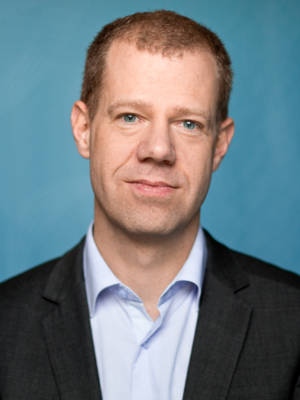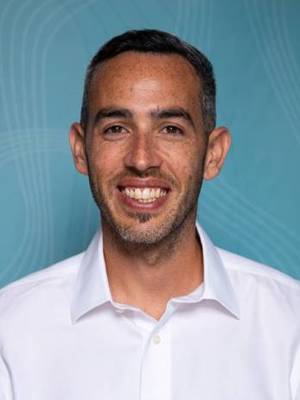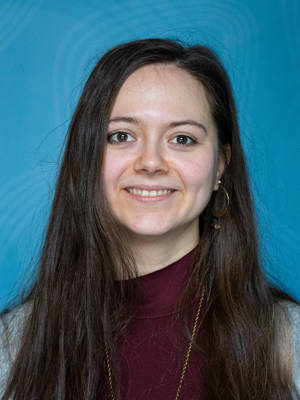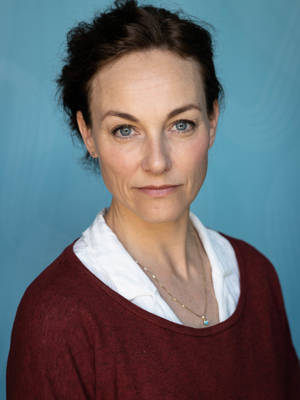FUMI is a research project about migration that has not yet taken place. We are interested in migration as an imagined future possibility, and the roles it might play in people's lives and dreams. The research focuses on young adults in three West African cities. We also seek to make broader advances in theory and methodology.
Background
The springboard for the project is a striking statistic: half of all young adults in West Africa say that wish to leave their own country and settle elsewhere. Yet, the vast majority never depart. If migration is desired, but never materializes, what are the consequences?
The project breaks with traditional approaches by shifting the object of study from observed migration in the present to imagined migration in the future. Although such future migration might never occur, it materializes in thoughts, feelings, communication, and behaviour at present. Framing the issue in this way renews research on the precursors of migration and opens up a new chapter about the links between migration and development.
To understand how young adults think about migration, we need to situate migration within their lives and dreams more broadly. Our research thus takes a step back from the usual focus of migration research.
Significance
FUMI is a European research Council (ERC) Consolidator Grant project, awarded on the basis of 'scientific excellence' as the sole criterion. The ERC supports research of a ground-breaking nature, research that is geared towards changing tomorrow's thinking rather than solving today's problems.
FUMI invests in theoretical and methodological innovation that is attuned to poorly understood aspects of global migration challenges. We aim to have a lasting impact on how scientists, policy makers, and people in general think about migration.
Locations
The research takes place in three West African cities: São Vicente (Cape Verde), Serekunda (The Gambia) and Tema (Ghana). All are urban centres with a mix of people who have grown up locally and people who have come from elsewhere, often from the countryside. And all three are centres of local commerce as well as connection points to the outside world, through shipping, tourism, and migration.
In terms of development and standards of living, the three national contexts differ. Cape Verde has the highest average income level and Gambia the lowest, with Ghana in between. These differences are reflected in many aspects of life, including health, education and infrastructure.

Theory
The project is guided by the following research question: How does migration that has not yet taken place shape the lives of individuals and the development of societies?
Migration theory increasingly sees migration as a two-step process: first, individuals form migration aspirations, and second, these aspirations are converted into actual migration. Such a distinction allows for better explanations of who migrates and who does not, since the things determining whether somebody wants to migrate are different from those that determine whether it is possible.
However, a two-step approach to understanding migration hinges on how 'migration aspirations' are conceptualized and measured. This is generally a shorthand term for people's conviction that migrating would be better than staying. FUMI goes further by examining multiple distinctions in how individuals think and feel about the prospect of migrating. In this endeavour, we also engage with other bodies of theory about the way in which young people relate to their futures.
By examining thoughts and feelings about future migration we also approach possible consequences for behaviour, such as things that people do or refrain from doing because they hope or expect to leave. In this way, we home in on the core research question.
The project is set within interdisciplinary migration studies, anchored in human geography and supported by related disciplines including anthropology, economics, and sociology.
Methods
FUMI combines ethnography and survey research methods. We aim for a deeper integration of the two than is usual in mixed-methods research. Insights from each method inform the other one throughout the life cycle of the project.
Ethnographic fieldwork involves spending time with people in their own environments over time. We do that in each of the three locations, benefitting from team members' fluency on local languages in São Vicente and Serrekunda and from the widespread use of English in Tema. The ethnographic fieldwork focuses on a dozen individuals in each city, who we interact with at several times over the course of the project. The fieldwork combines ethnographic interviews and participant observation. One advantage of ethnography, over surveys, for instance, is that it allows for the discovery of things that researchers had not even imagined beforehand.
In order to scale up and examine broader patterns, we carry out a representative sample survey of 1000 young adults (18-39) in each city. The survey seeks to capture diverse aspects of respondents lives in ways that matter to them, rather than reflecting the concerns and concepts of policy makers. The survey builds on extensive analyses of past surveys on migration aspirations and is designed to capture new distinctions.

Video portraits
We produce a short series of video portraits that complement scientific publications in communicating insights related to the projects. The videos provide glimpses of the lives and dreams of young adults in São Vicente, Serekunda, and Tema. They are posted on the project's Facebook page as they are completed.
The video portraits present individuals who are not research participants, but who are also young adults in the same locations. They seek to convey the richness of encounters with unique individuals. Personal encounters were also the backbone of our ethnographic fieldwork, but there are limits to how they can be shared, partly because of our ethical obligation to preserve confidentiality and anonymity.
Research team
The is led by Research Professor Jørgen Carling, who holds a PhD in human geography and has worked in migration research for two decades, combining ethnographic and statistical methods with an interest in migration theory. He has broad experience from research in Cape Verde. Senior Research Tone Sommerfelt is a social anthropologist with extensive fieldwork experience from The Gambia. She has also done research in Mali, Morocco, Haiti, Georgia, Azerbaijan, and Jordan, primarily on issues related to children and youth. Elinor Zoë Karl is and Nicolás Caso are research assistants who play key roles in data collection, analyses and other aspects of project work. The team members work closely together, using their complementary methodological and theoretical expertise to address a common set of questions.
At previous stages of the project the team has included Trude Stapnes, Mathilde Bålsrud Mjelva, and Maryam Aslany. (Current team members at PRIO are displayed under 'Members' on this page)
Collaborators
For survey data collection and dissemination of results in West Africa, we collaborate with PD Consult (Cape Verde), Centre for Research and Policy Development (The Gambia) and Kantar Ghana (Ghana).
Funding
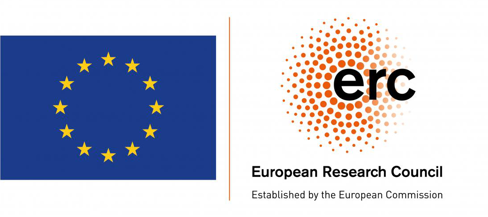 FUMI has received funding from the European Research Council under the European Union's Horizon 2020 research and innovation programme, grant agreement n° 819227, as a Consolidator Grant awarded to Jørgen Carling.
FUMI has received funding from the European Research Council under the European Union's Horizon 2020 research and innovation programme, grant agreement n° 819227, as a Consolidator Grant awarded to Jørgen Carling.

